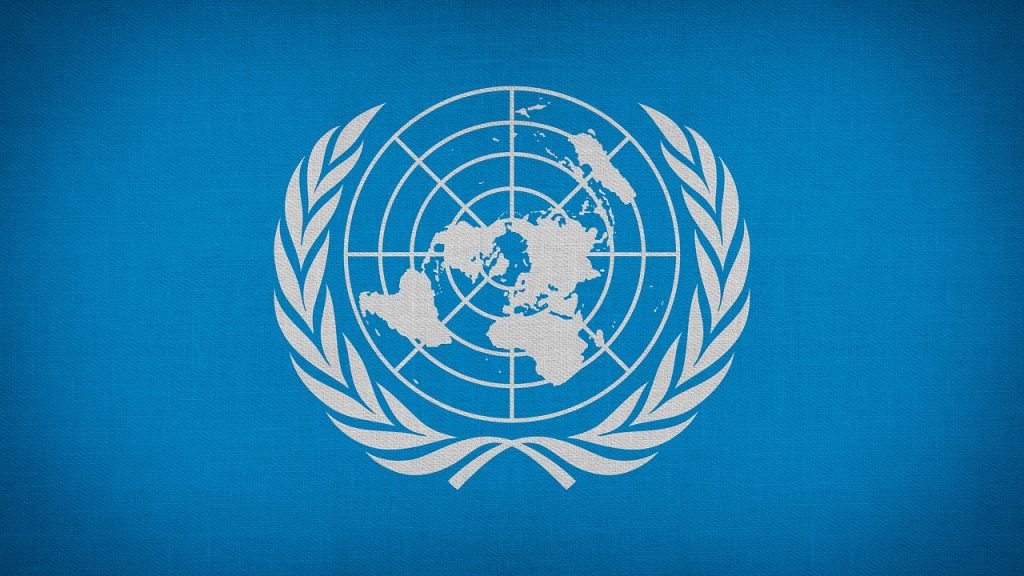In its latest report, the United Nations Conference on Trade and Development (UNCTAD) offers insights on the extended disruptions to container shipping caused by situations in the Red Sea and Panama Canal. The repercussions have far-reaching consequences that may affect deliveries, escalate costs, increase inflation and increase greenhouse gas (GHG) emissions.
Staggering increase in freight rates
The report highlights a significant surge in container freight rates, with rates from Shanghai to Europe witnessing a staggering 256% increase since November 2023. Average spot rates from Shanghai have more than doubled since early December, rising by 122%. Although the peak rate in this period reached US$2,239/teu on 19 January 2024, it remains below the US$5,000 high observed in January 2021.
70% increase in GHG emissions on a Singapore-Northern Europe route
The impact of a drought in the Panama Canal and attacks by Houthi rebels in the Red Sea has forced carriers to reroute, causing a 42% drop in Suez Canal transits and a 49% decline in the Panama Canal.
The report underscores the environmental toll of these disruptions, with shipping lines taking the longer route through the Cape of Good Hope instead of the Suez Canal, resulting in a 70% increase in GHG emissions on a Singapore-Northern Europe route.
UNCTAD warns that the combined impact of these disruptions, although not yet reaching the scale of the Covid-19 pandemic, has raised shipping costs and added over a week to voyage lengths due to rerouting via the Cape of Good Hope.
The ongoing war in Ukraine further emphasises how extended distances and higher freight rates can impact food prices.
Monitoring key developments amidst rising challenges
Looking ahead, UNCTAD stresses the importance of monitoring key developments and assessing their implications. Factors to watch include shipping schedules, service reliability, security measures, shipment delays, increased freight rates and the overall geography of trade. As the world navigates these challenges, all must remain vigilant to mitigate the potential economic and environmental impacts of prolonged disruptions to global trade.
Kukla will monitor how these costs might translate into surcharges as and when necessary and appropriate. Still, we felt it was essential to inform you now of the state of global freight supply, cost, and sustainability.
Link to the UNCTAD Report: https://unctad.org/publication/trade-and-development-report-2023

